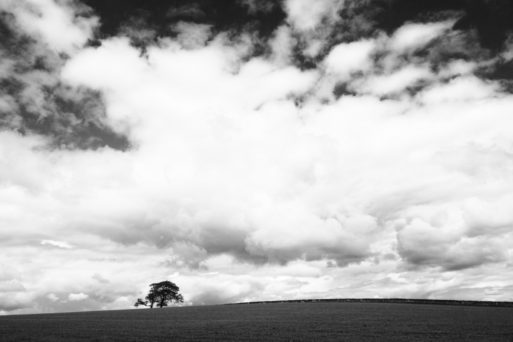
I have been neck deep inside the creature’s
speckled and curving belly
how wet my pupils were – even after
I sucked from the bite marks to taste the ways
I had once been touched
I do not deal in metaphor I only write what is\
if the poet says the knife is a snake it is not like
a snake it is a snake
if I say I am a bag of Georgia twilight, it is
because inside me the cicadas lift
I say every other day I convinced myself not to
leave earth
Anis Mojgani is a visual artist, writer and spoken-word performer who was named Oregon’s 10th poet laureate in 2020. Born in New Orleans, Mojgani also spent time in New York City before settling in Portland, where he is a prominent figure in the creative and literary scene. His latest poetry collection, “In the Pockets of Small Gods,” explores the lingering effects of grief in our everyday lives.
In his book, Mojgani touches on the throughlines of loss that connect his best friend’s suicide in 2006 to the dissolution of his marriage in 2015. “One of the things I very much learned about grief is it sort of has the tendency to throw you back through other chapters of grief that you may or may not have actually fully dealt with,” Mojgani shared in an interview with Oregon Public Broadcasting.

Anis Mojgani
Credit: Hilde Franzsen
Mojgani interweaves the intimate details of his mourning with surreal imagery and mythological references. In “Diana and the Gorgon,” a poem that deals with his own sometimes tenuous will to carry on after his friend’s suicide, he describes his physical state of grief: “the body an aviary built of small birds and the / large spaces between them.” The image of birds within a structure recurs throughout the book, calling to mind both buoyancy and emptiness.
“Diana and the Gorgon” conveys an intimacy with death along with the bittersweet gratitude for life that it can bring. Mojgani considers what keeps him tethered to life: his family, his witnessing of the grief left by his friend’s suicide. His words evoke the almost unbearable way that pain and joy can mix when we experience both love and loss so deeply.
It’s easy to feel anger when we lose a loved one too soon, particularly to suicide. But perhaps because of the years separating Mojgani from this loss, his poems hold mostly a tender, weary kindness. He wonders with aching sincerity what drove his friend to take his life and what might have saved him. But he also acknowledges the sometimes unbearable weight of simply living from day to day. “We all sometimes swim in the dark part of the sea,” he writes. “Sometimes it is not the sea but the swim back that pulls us under.”
Mojgani is a gifted and thoughtful poet whose work brilliantly encompasses the sometimes circular trajectories of grief. For anyone experiencing loss, whether in the moment or as a part of their past, Mojgani’s work may serve as a much-needed balm for the sting of grief.

 “Diana and the Gorgon” by Anis Mojgani
“Diana and the Gorgon” by Anis Mojgani


 Recovering Cremation Remains After the Los Angeles Fires
Recovering Cremation Remains After the Los Angeles Fires
 “As Tears Go By” by Marianne Faithfull
“As Tears Go By” by Marianne Faithfull
 “The Sea” by John Banville
“The Sea” by John Banville















